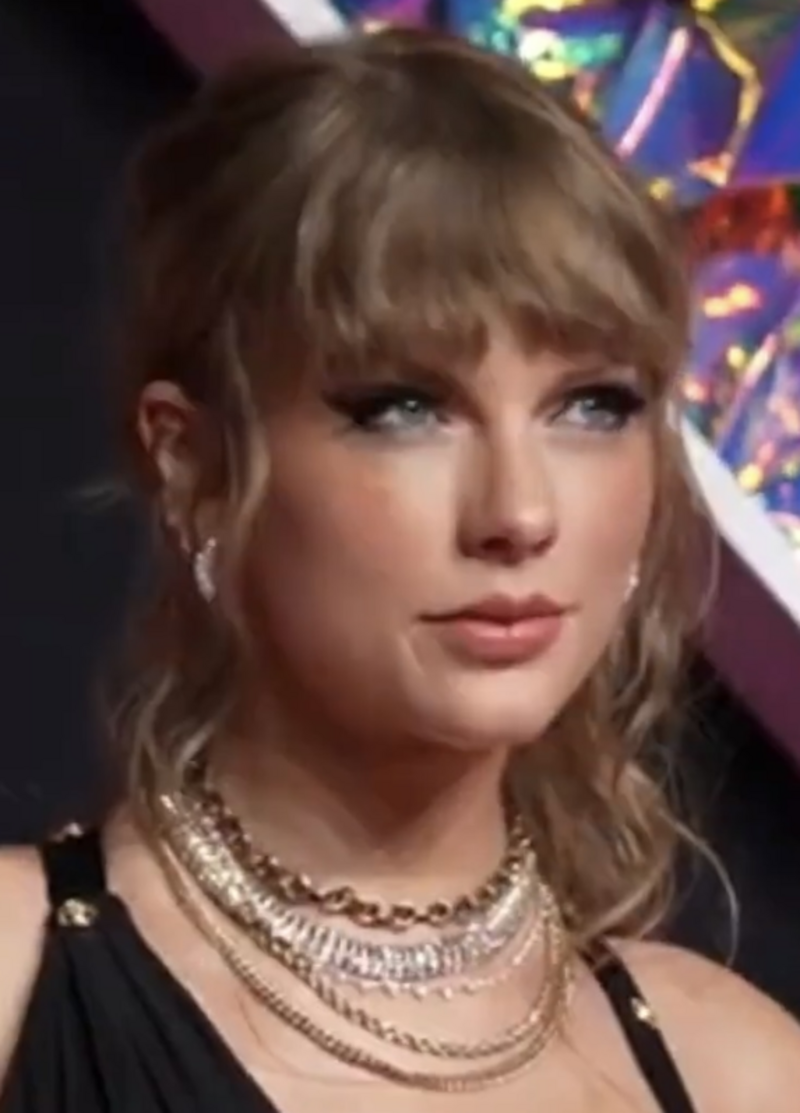NEW YORK — The nation’s marketing departments expressed collective bewilderment this week after Taylor Swift and Travis Kelce’s engagement announcement failed to immediately mention which brands made their love possible, prompting an emergency corporate response to inject promotional content into what experts are calling “dangerously uncommercial human emotion.”
Within hours of the engagement news breaking, brands across America launched what industry insiders are calling “Operation Love Vulture” — a coordinated effort to ensure no human moment goes unmonetized.
“We were completely caught off guard,” admitted Sarah Chen, Chief Marketing Officer at a Fortune 500 company that requested anonymity while they figure out how to make dental floss romantic. “Two people fell in love and got engaged without once mentioning how our products facilitated their emotional connection. It was a marketing emergency.”
Pillsbury immediately deployed what they called “engagement-adjacent content,” posting celebratory dough-related imagery with captions like “Love rises like our biscuits.” Invisalign pivoted their entire social media strategy to focus on “straightening out your love life,” while DoorDash launched a promotion for “engagement-worthy dinner delivery.”
The most sophisticated response came from Olipop, which offered a “13% discount” in honor of Swift’s lucky number, demonstrating what marketing professor Dr. Marcus Collins called “advanced opportunistic mathematics.”
Marketing consultant Brianne Fleming defended the corporate rush to capitalize on the engagement, explaining that brands were simply “adding value to the conversation.”
The engagement sparked what industry experts are calling “brand relevance panic” — the fear that a cultural moment might occur without obvious opportunities for corporate participation.
Emergency corporate response teams worked through the night to develop engagement-themed content, with companies ranging from toilet paper manufacturers to cryptocurrency exchanges scrambling to find their angle on celebrity romance.
The frenzied response highlighted what consumer behavior analysts are calling “peak commercial desperation” — the point at which brands will attach themselves to any cultural moment, regardless of logical connection.
When asked whether there might be human experiences that shouldn’t be immediately commercialized, several marketing executives looked genuinely confused.
The phenomenon has created what researchers call “anticipatory brand positioning,” with companies now monitoring celebrity couples for potential engagement announcements to ensure faster promotional response times.
Swift and Kelce could not be reached for comment, as they were reportedly busy experiencing private human emotions that have not yet been converted into promotional opportunities.

